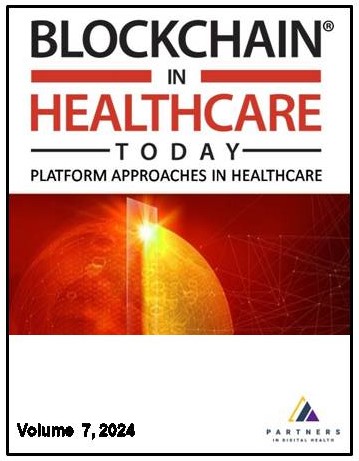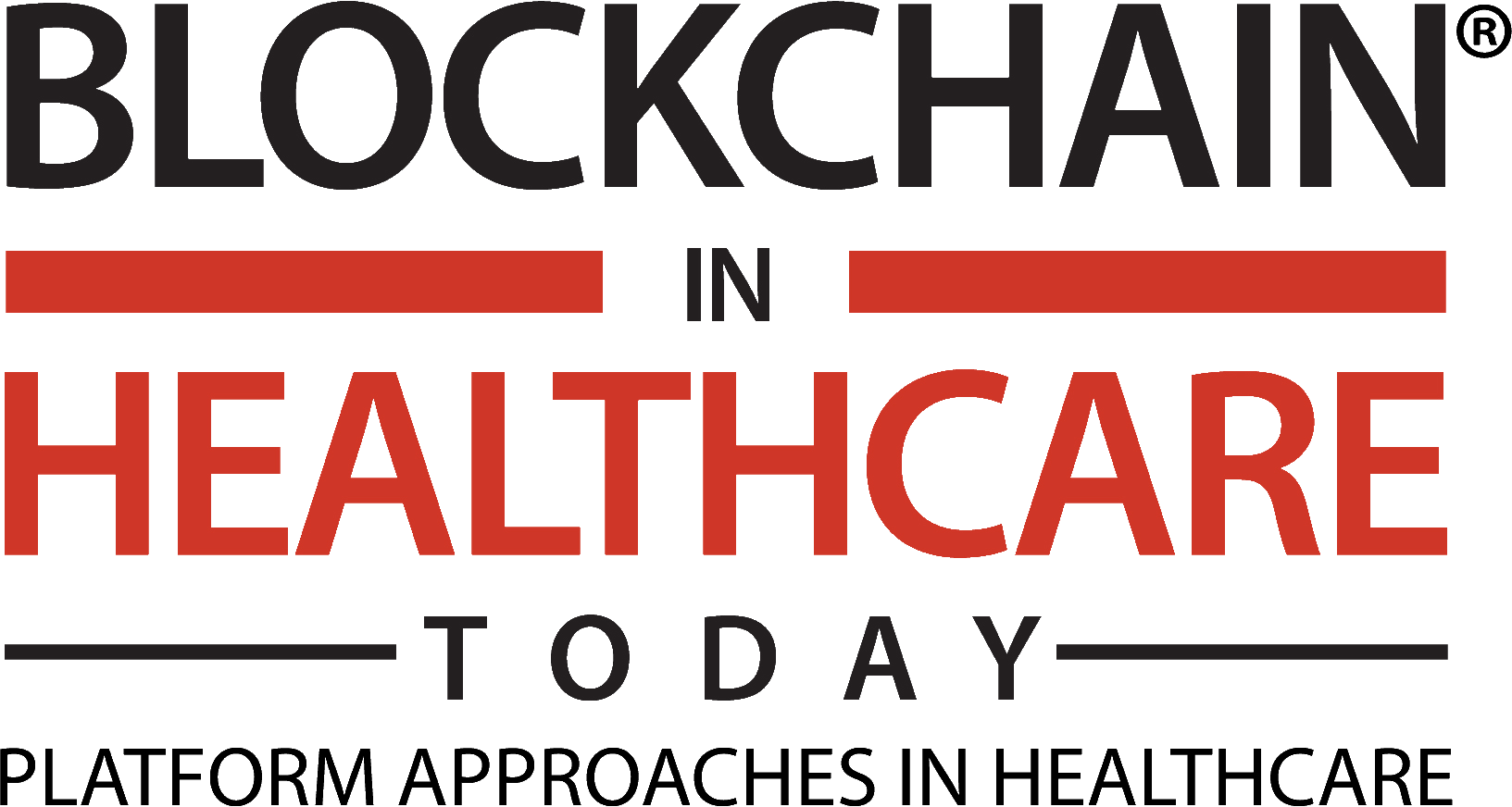
More articles from Volume 2, Issue 1, 2019
Comment on: DMMS: A Decentralized Blockchain Ledger for the Management of Medication Histories
Top 10 Blockchain Predictions for the (Near) Future of Healthcare
Implementation Considerations for Blockchain in Healthcare Institutions
Voice Biometrics and Blockchain: Secure Interoperable Data Exchange for Healthcare
Ethical Implementation of the Learning Healthcare System with Blockchain Technology
Article views
Citations

0
DMMS: A Decentralized Blockchain Ledger for the Management of Medication Histories
Published: 04.01.2019.
Biochemistry
Volume 2, Issue 1 (2019)
pp. 1-15;
Abstract
Background: Access to accurate and complete medication histories across healthcare institutions enables effective patient care. Histories across healthcare institutions currently rely on centralized systems for sharing medication data. However, there is a lack of efficient mechanisms to ensure that medication histories transferred from one institution to another are accurate, secure, and trustworthy.
Methods: In this article, we introduce a decentralized medication management system (DMMS) that leverages the advantages of blockchain to manage medication histories. DMMS is realized as a decentralized network under the hyperledger fabric framework. Based on the network, we designed an architecture, within which each prescriber can create prescriptions for each patient and perform queries about historical prescriptions accordingly. Finally, we analyzed the advantages of DMMS over centralized systems in terms of accuracy, security, trustworthiness, and privacy.
Results: We developed a proof of concept to showcase DMMS. In this system, a prescriber prescribes medications for a patient and then encrypts the prescriptions via the patient’s public keys. Patients can query their own prescriptions from different histories across healthcare institutions and then decrypt the prescriptions via their private keys. At the same time, a prescriber can query a patient’s prescription records across healthcare institutions after approval from the patient. Analytic results show that DMMS can improve security, trustworthiness, and privacy in medication history sharing and exchanging across healthcare institutions. In addition, we discuss the potential for DMMS in e-prescribing markets. Conclusions: This study shows that a distributed secure ledger can enable reliable, interoperable, and accurate medication history sharing.
Keywords
References
Citation
Copyright
This is an open access article distributed under the Creative Commons Attribution License which permits unrestricted use, distribution, and reproduction in any medium, provided the original work is properly cited.
Article metrics
The statements, opinions and data contained in the journal are solely those of the individual authors and contributors and not of the publisher and the editor(s). We stay neutral with regard to jurisdictional claims in published maps and institutional affiliations.

